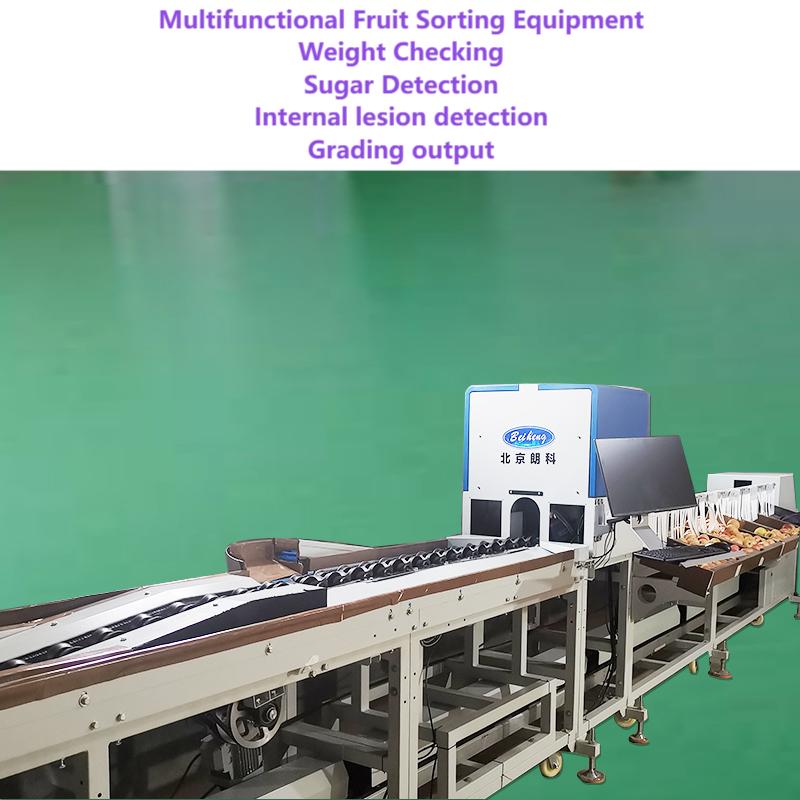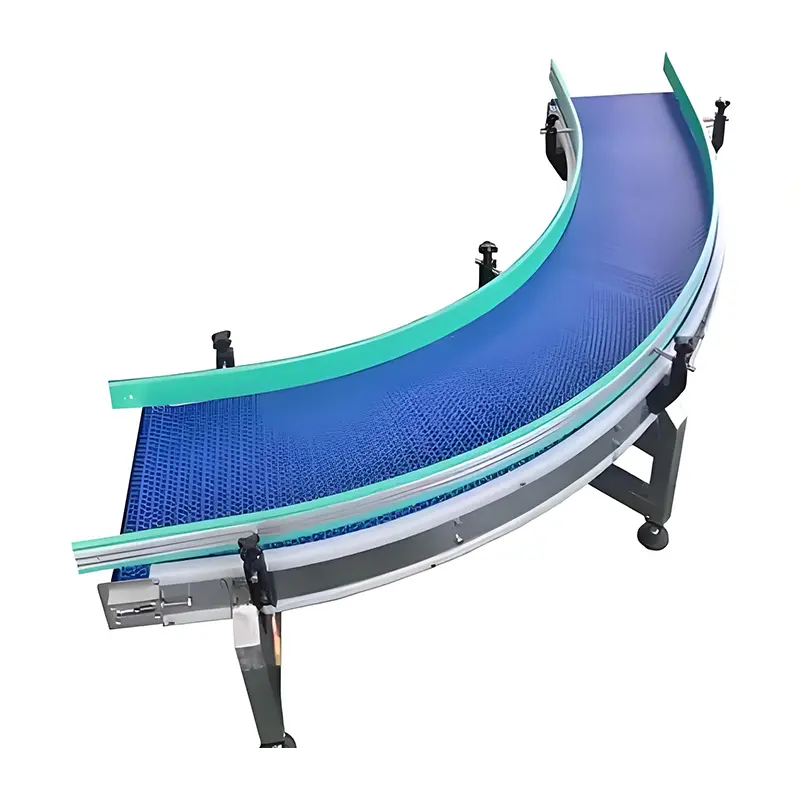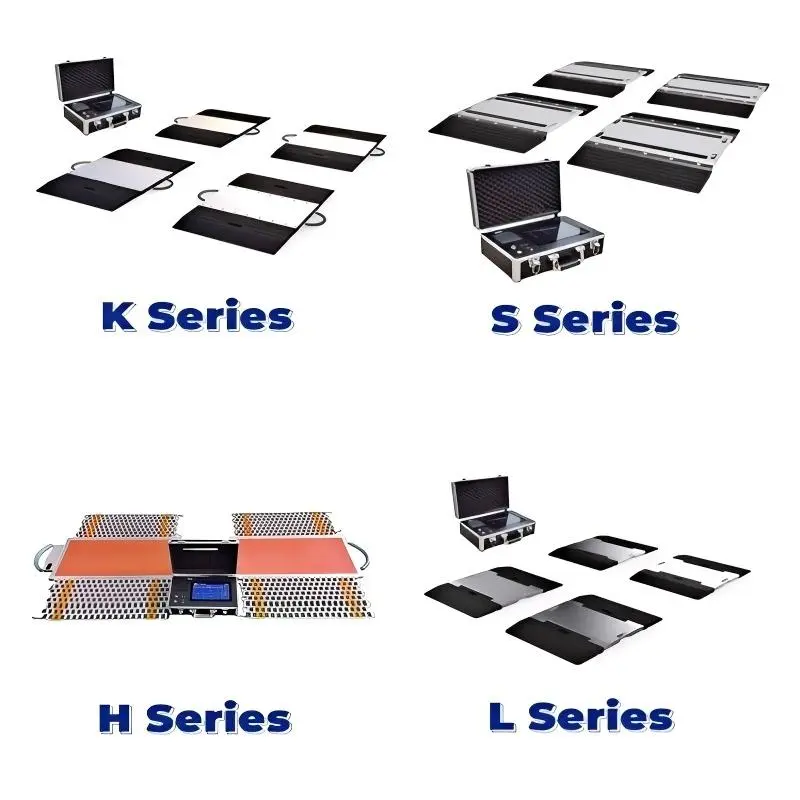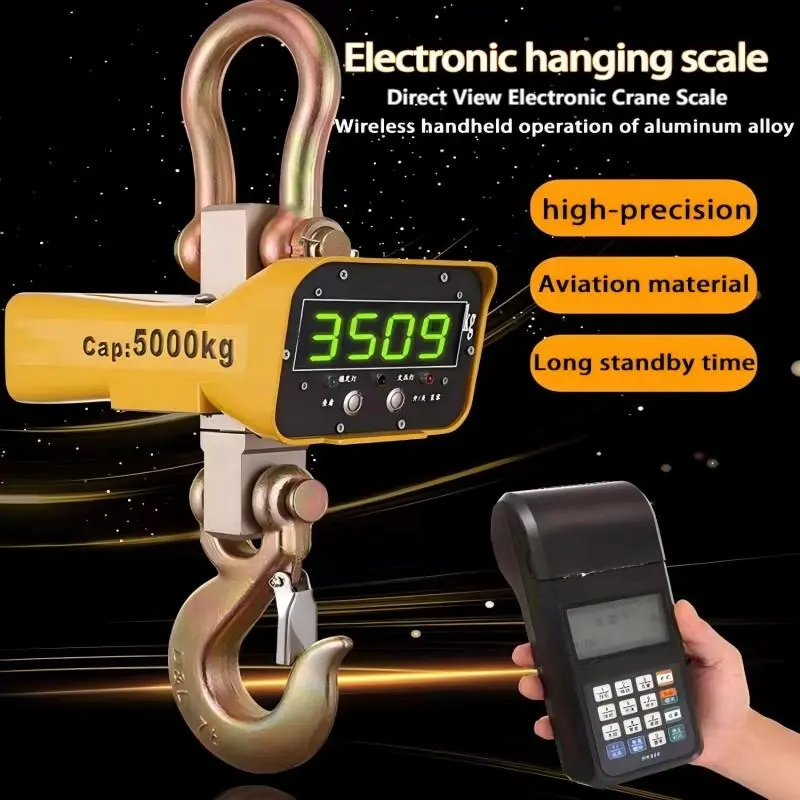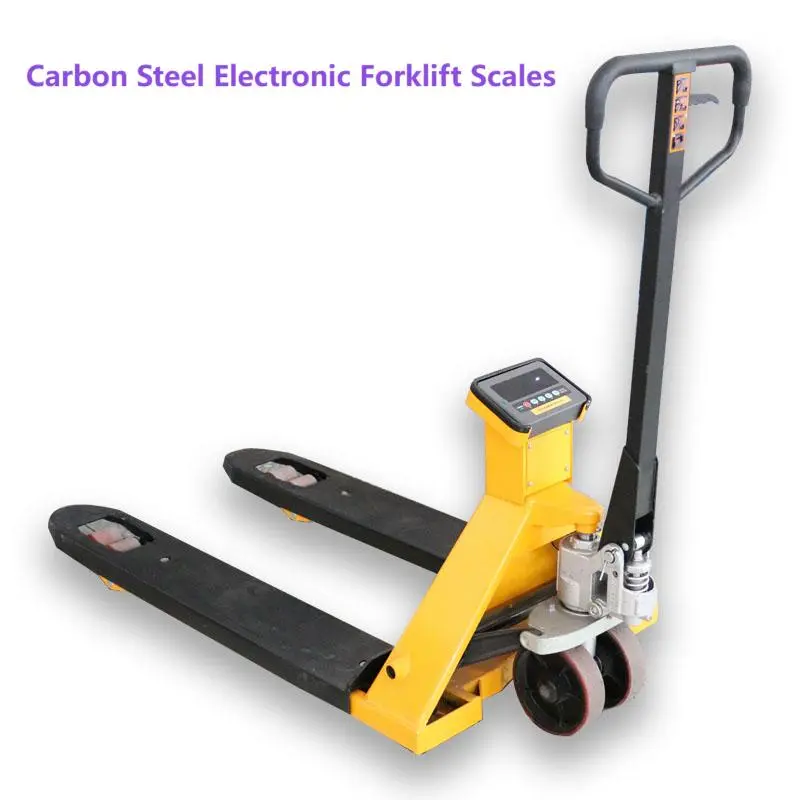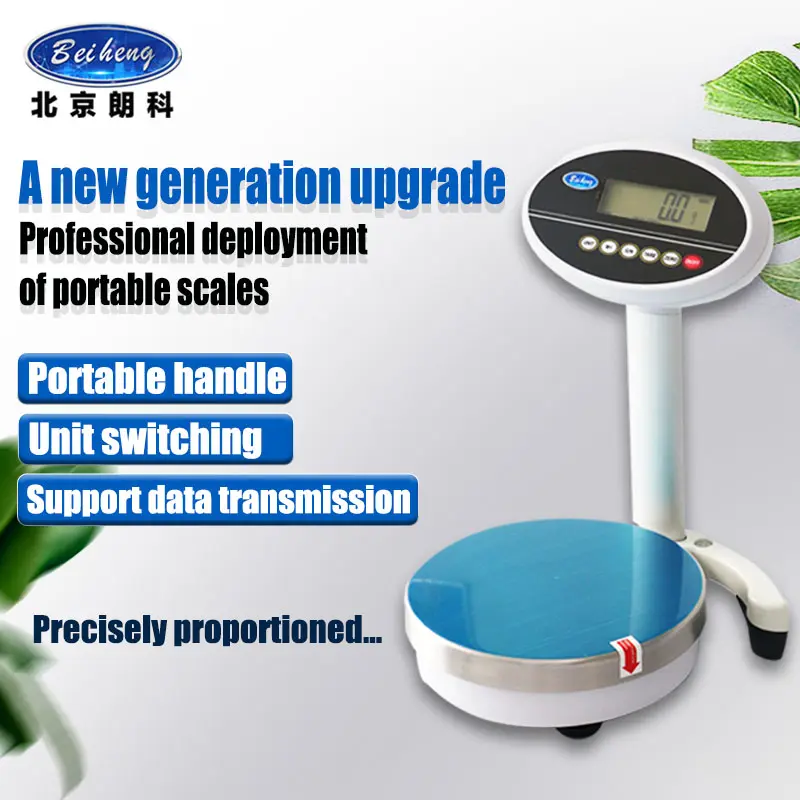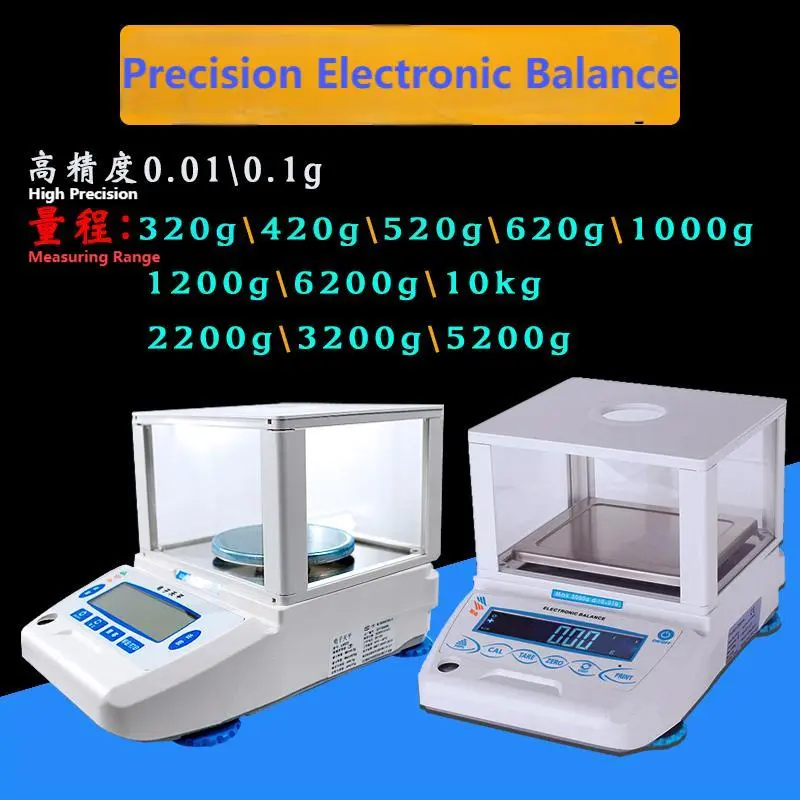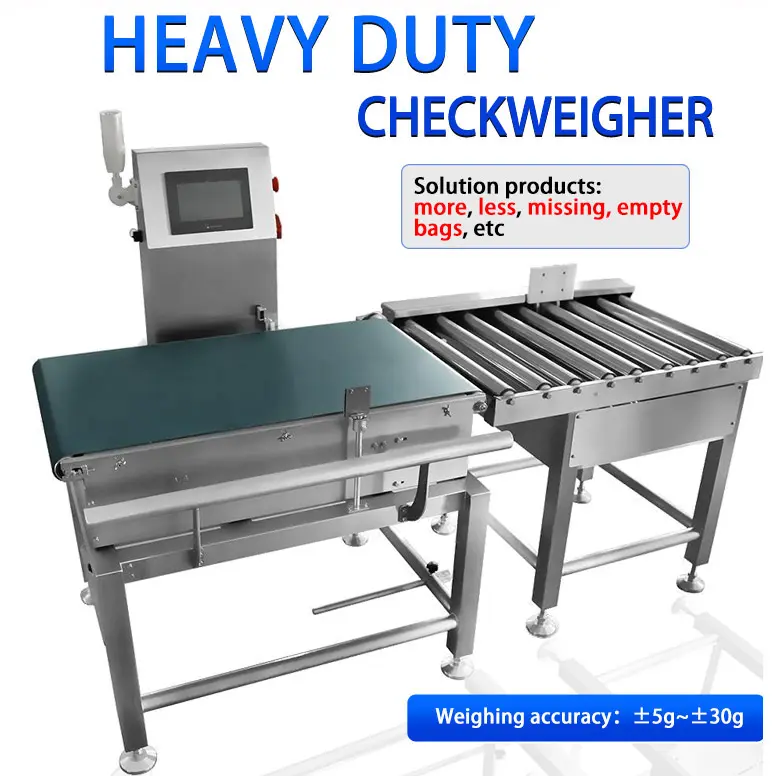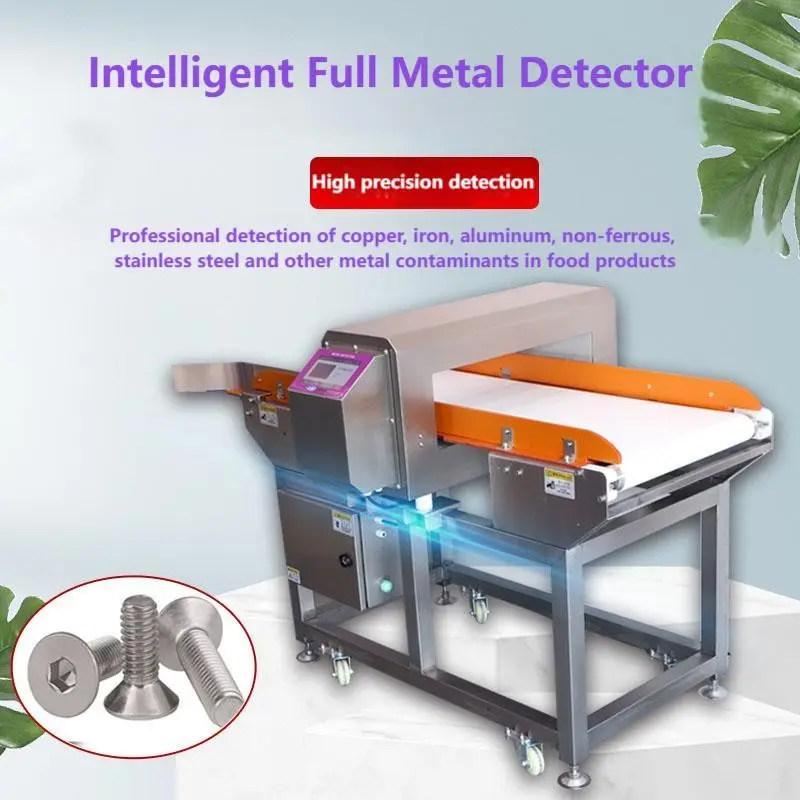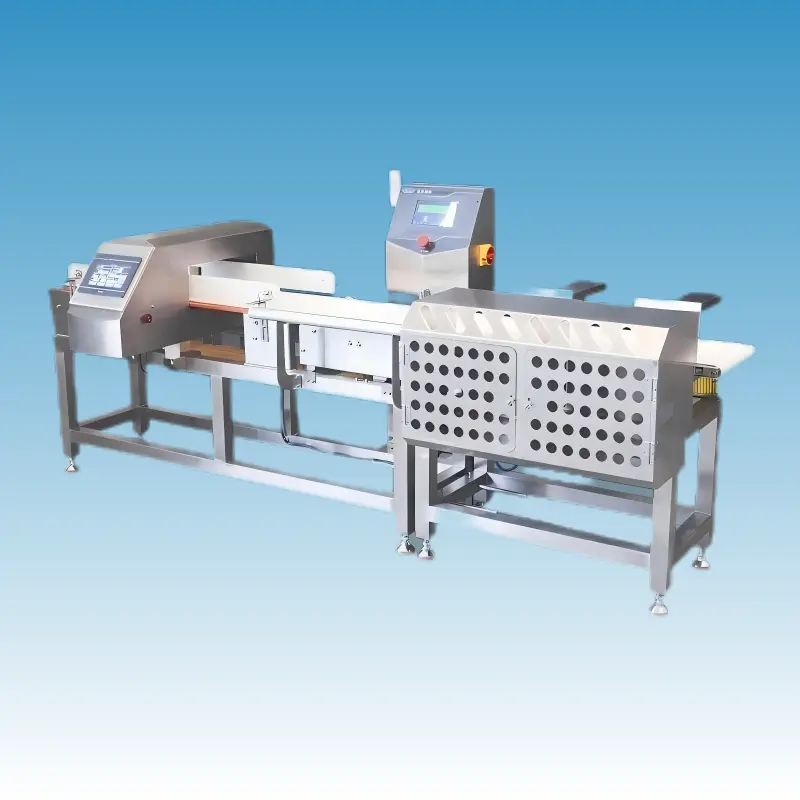Instruments & Meters
Beiheng Vehicle Wireless Digital Custom Dynamic Portable Axle Vehicle Weighing Truck Scale
Axle weighing instrument is a kind of instrument used to measure the quality of axle load of motor vehicles. The working principle is mainly based on mechanics and sensor technology, and the axle weight is measured by real-time monitoring of changes in the pressure of the vehicle on the measuring platform. This device has a wide range of applications, for example, in traffic management, it can be used to detect overloading of vehicles to ensure road safety and smoothness; in vehicle safety inspection, it can be used to detect the axle weight distribution of vehicles to help find potential failure hazards, such as tire problems or suspension system failures.Application scenarios include: traffic management and law enforcement, automotive manufacturing and logistics transportation, and small site or tight deadline scenarios.
Beiheng Waterproof Crane Scale Stainless Steel Digital Portable Crane Scale for Industry
Product Classification
1. Direct view electronic crane scale
2. Lightweight direct view electronic crane scale
3. Mini electronic crane scale
4. Portable electronic crane scale
5. Intuitive display electronic crane scale
6. Wireless electronic crane scale
7. Monorail crane scale
Beiheng Multiple Weighing Units Electronic Paint Weighing Scale Highly Precision Accuracy
Paint scales are widely used in industries such as construction, renovation and furniture manufacturing, as well as in paint production and laboratory research. These industries require the preparation and use of materials such as paints and coatings, and the use of paint scales allows for quick and accurate measurement of the weight of raw materials required to ensure that the quality and performance of the product meets the expected standards.
Beiheng High Quality Manufacture High Precision Analytical Balance Precision Balance
The accuracy level of electronic balance is one of its key performance indicators, according to the actual application requirements and weighing range to be determined. For example, in the laboratory, researchers may need to choose different precision electronic balance for weighing according to the experimental requirements; in hospitals, pharmacists need to use high-precision electronic balance to ensure the accurate dose of drugs; in scientific research places and measurement and testing units, it is necessary to use a higher-precision electronic balance to meet the strict requirements of the measurement results.

